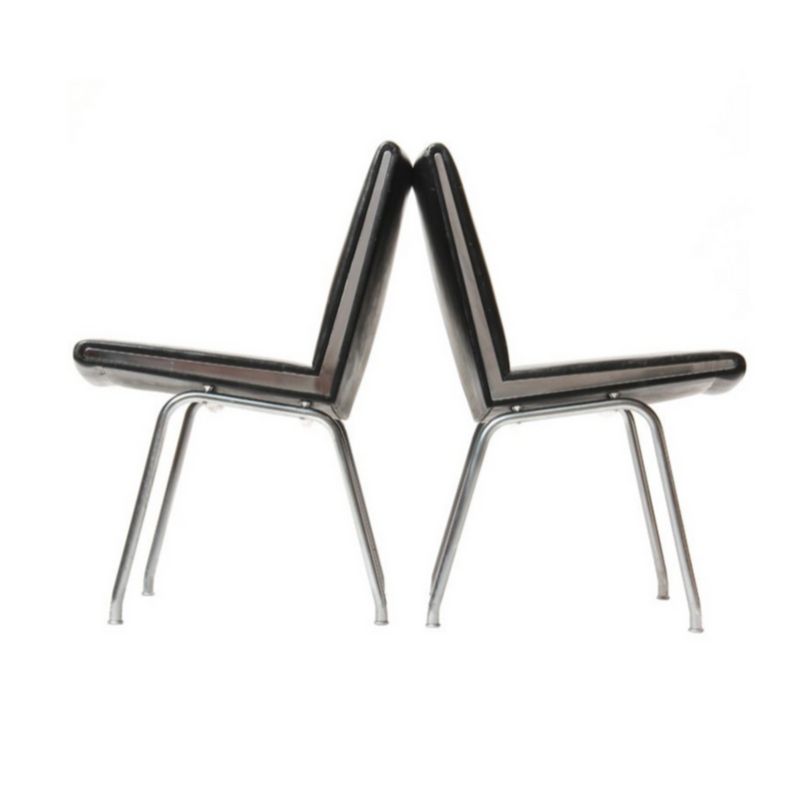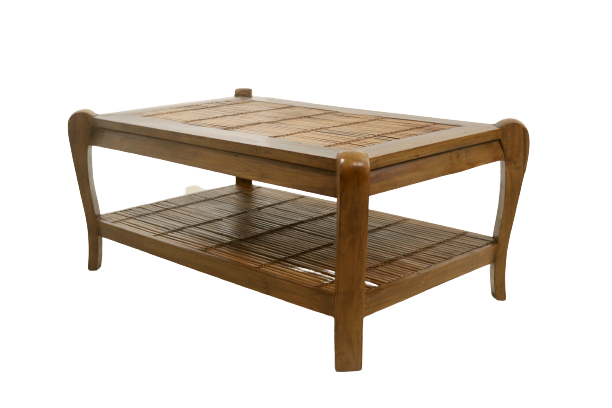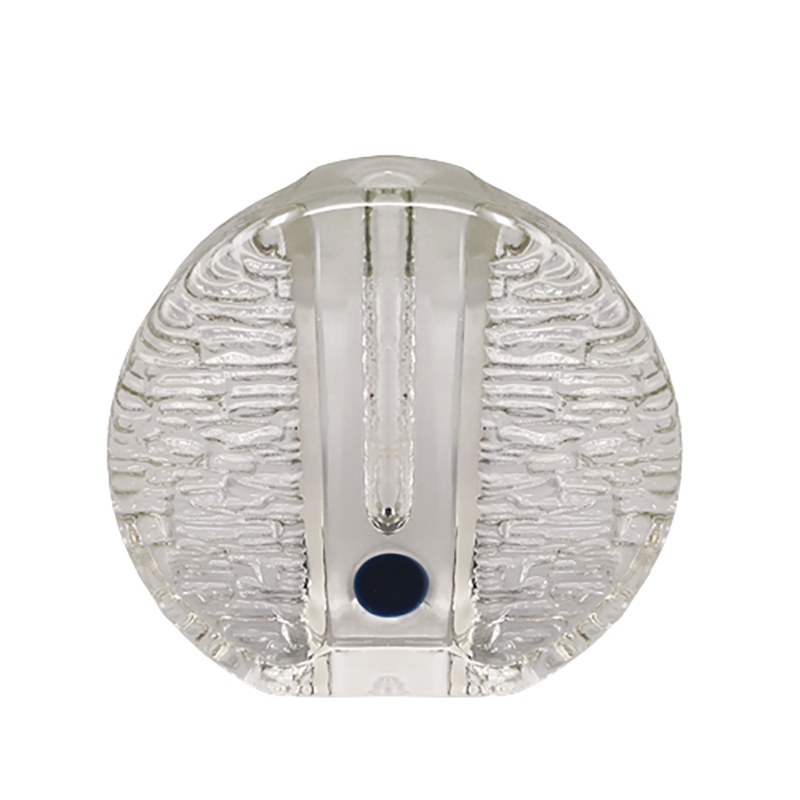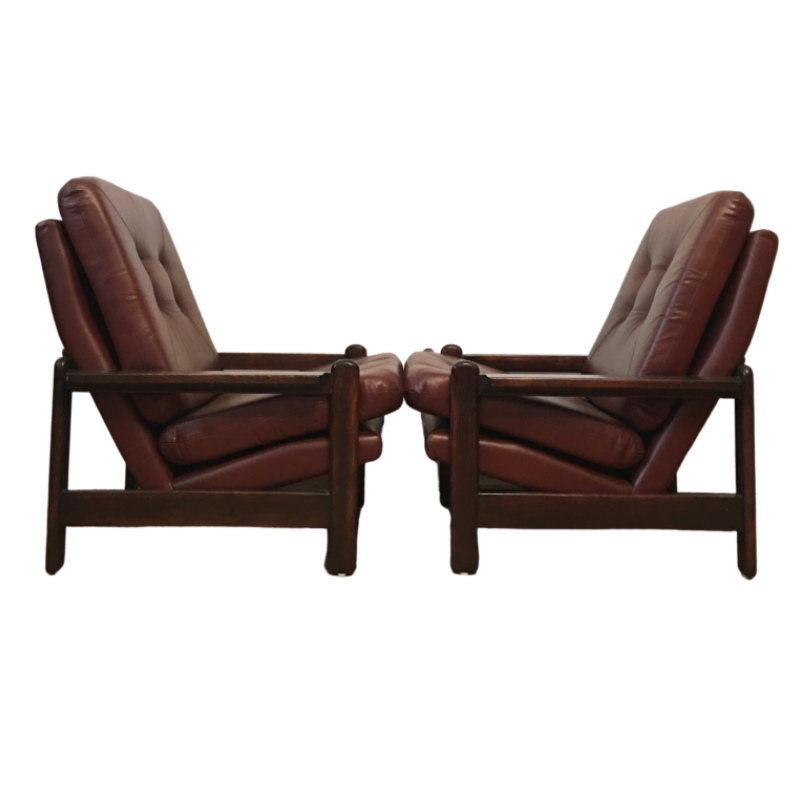Yeah, what's he doing back there?
Nice foggy morning in the background, I must say… either that, or he's on the set of "War of the Worlds…"
All that filigree must have directly or indirectly inspired countless recent sci-fi film's send-ups of romanticized Gotham-type cities (and even a few riffs in the first three Star Wars?)
Maybe.
( No, I mean I bet... )
Hmm. No, never saw that one. Can I copy your photo at Wright Chat and ask if someone knows ?
We spent months dissecting the Pauson house, built in Phoenix in 1939-40 and burnt to the ground in 1941. A photo showed an unusual small perforated panel, one of a row inside the entrance to the house. Someone finally noticed a similar piece in one of the rooms at T West; it turned out to be the same item -- extras, presumably. Everything shows up in a photo, sooner or later, it seems . . .
Thank you, SDR. I hope someone knows.
The photo isn't mine, so I have no permission to give. If Wright Chat has strict rules about that sort of thing, the link to the original is http://www.flickr.com/photos/sminor/318607969/ .
I like the complexity of all of these SDR.
Just curious now…. but could you easily convert these images to only shades of grey, dark grey, and black? (if you wanted to)
I think it would be fun to see how much atmospheric depth would be created. But alas, it is not my work, and this is just my self indulgent curiosity talking. You have your methodical reasons for your color choices, I realize. (And doing art by committee sucks, especially when its yours!)
But pressing on with my line of thought, I also wonder what might happen if the remaining white "empty" shapes became more emphasized by going to the darker range everywhere else.
I find the variety in the left over white irregular bits to be one of the most consistently enjoyable aspects about your work, so just imagining what emphasizing that might do to the big picture.
So I am just surmising out loud, and hoping you take my inquiries the right way!
On a much more superficial level, I would love to see some in various shades of muddy and olive greens. But that is just because I like those colors. There is no accounting for taste huh? And as we know, taste has nothing to do with whether it is art or not.
Come to think of it, I just like black and white and grey too.
Thanks for posting these.
(Wrote this before I saw your above most recent post-- that was a fast re do...)
Yes, good point. Viewing these under the subdued lighting is essentially the same as reducing everything to just the dark/light relationships as with monochrome greys.
Viewing a painting by dim candlelight was even one of Da Vinci's own "tests" for seeing dark/light value patterns and assessing compositional relationships in his paintings.
Can't wait to see the monochrome versions…
I would be proud to be an audience of one SDR, but I have a feeling that you have a far larger audience here than you know. (Not to mention Mark, Spanky, Riki and Fastforward!)
Am trying to replace the above with darker/more contrasty versions, but I'm having connectivity problems. With Ma Bell long dead, replaced by heartless clones, what can I expect ?
Okay, there they are. Unfortunately I can only get so much contrast; the whites darken with everything else as I reduce the exposure to get stronger tones. Don't know if you'll get what you were looking for . . .
I use reds and blues because they give a strong purple when mixed under the right conditions. But I'd love to move on to red/green, for instance. The pale pinks and greens of spring, and the strong reds and greens of Chinese art, are both delicious. Red/green mixes can sometimes make interesting if muted tones.
Of course there is a world of color out there. If I could display some images in a gallery, on screens that viewers could manipulate, perhaps everyone could have their favorite hues to look at ? That would be cool. It's the patterns that are important to me; the colors are arbitrary tools used to differentiate between elements.
Thanks for the input and ideas. So far you've been my only responsive audience, as I haven't displayed this work elsewhere. I can easily make black-and-white copies of these four images, as a start.
You may have noticed that the last step of a previous series (post 637, #3, page 13) was to fill in the white with almost-black. This is what brought the image to life, for me. I may have mentioned that I get a strong 3D effect when looking at the originals of a few of these patterns (post 650, page 13)-- but only those with a black "background" and viewed under subdued lighting. The effect is quite persistent when it appears. It will be interesting to see if any of the white-ground ones do something similar, under any circumstances.


Sorry the machines are giving you fits...
Thats funny, when I saw your first take on the grey versions, I was going to ask if you could get any darker.
And yes, to be honest (and just for clarity) I was thinking of white white leftover bits in high contrast against a range of deep greys that were much closer to black.
(In my own head anyway…)
So nice of you to bear with me and indulge me in this line of investigation.
PS Just read the additional paragraphs above… It is easy to see that pattern is your main interest and reason for making images. And I do know that the color is just a way to separate the layers, rather than an expressive thing. Which is cool, because it beats just using color to pretty things up in a superficial way, especially if color really has nothing to do with the idea.
At least this way, you can feel free to blame it on me if color (or deep greys) screw everything up!
My pleasure !
Are you able to print things that you see on the screen ? I'd love to know if anybody else sees the 3D effect I get with images like the one on the previous page, post 650. The original is sitting next to the computer as we speak, in dim light, and the figures are floating at various heights above the black ground. It's spooky and cool. It doesn't hurt that the background looks like a very starry night sky . . .
I do like that one...
Unfortunately my laptop is not talking to my printer this week… but I do know what you mean. No matter how dimmed down, a lap top screen is still a source of light, as opposed to a paper surface viewed in ambient light.
I will get it sorted out soon.
It IS so cool how dim light causes your eyes to "embellish" what they are seeing.
If you need any help, please contact us at – info@designaddict.com











